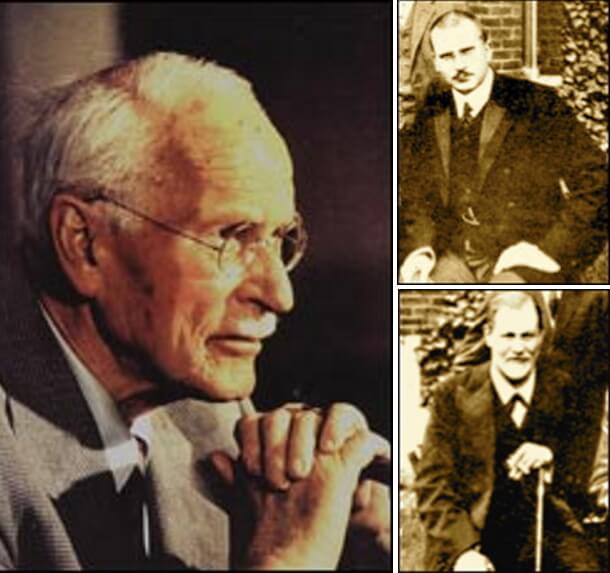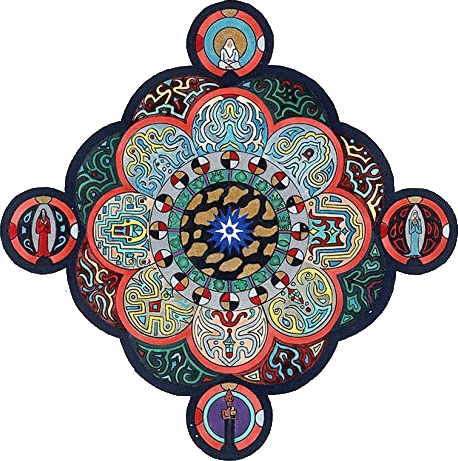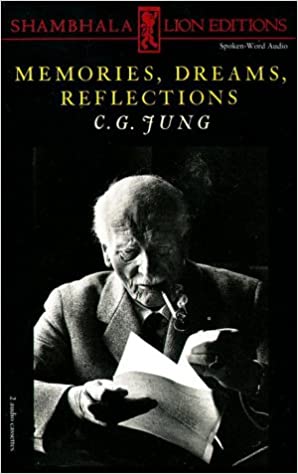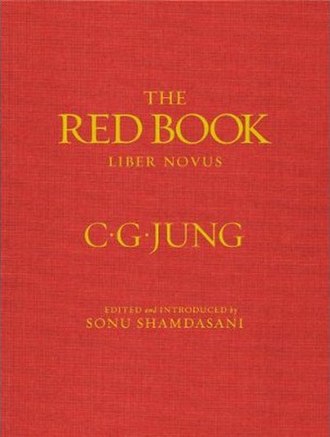1875 – 1961
 Carl Jung was a Swiss psychiatrist who was born in Kesswil on Lake Constance in 1875. He was the elder of two children; having a younger sister and his father was a pastor in the Swiss Reformed church. In 1903 he married Emma Jung and they had five children.
Carl Jung was a Swiss psychiatrist who was born in Kesswil on Lake Constance in 1875. He was the elder of two children; having a younger sister and his father was a pastor in the Swiss Reformed church. In 1903 he married Emma Jung and they had five children.
Jung is widely recognised as being one of the great creative thinkers of the 20th century, and one of the major influences on the genesis of modern psychiatry, psychology and psychotherapy. He is the founder of Analytical Psychology which rests on a highly original formulation of the human mind. Jung developed his theories empirically from working with his scientific discoveries with the word association experiment, his patient’s material, his work with colleagues (Bleuler, Janet and Freud) and importantly his own deep inner work (See the Red Book Below). He was a highly intuitive and dedicated psychiatrist and analyst. Jung’s prodigious intellectual output are gathered into over twenty volumes of his Collected Works.
At the beginning of the 20th century, Jung along with Freud, pioneered the recognition of the unconscious and developed a revolutionary Western concept of the duality of the human mind. Jung later broke from Freud because he had a different view of the nature of the unconscious. He agreed with Freud that early childhood influences were important in psychological development however, he saw psychological development as being the lifelong process of an emerging self. Jung called this “emergence” the individuation process. He also believed that our modern Western culture relies too heavily on science and logic to the diminishment of creativity, the non rational and the spiritual.

Mandala painted by Carl Jung in the early part of the 20th century as part of his own individuation process
We should not pretend to understand the world only by the intellect. The judgement of the intellect is only part of the truth…The creation of something new is accomplished by the play of instinct acting from inner necessity. The debt we owe to the play of imagination is incalculable.
Jung’s approach in the practice of Analytical Psychology was to address this imbalance as well as open up a dialogue between the conscious and the unconscious. As well as his crucial contribution to psychiatry, psychology and psychotherapy, C.G. Jung has had enormous influence on popular culture especially in the visual arts, humanities, film and media. Read more about Carl Jung.
Two significant books that reveal the extraordinary evolution of Jung’s inner life and the development of his work are Memories, Dreams, Reflections and The Red Book.
Jung’s autobiography, “Memories, Dreams, Reflections,” has been in continuous print since it was first published in 1963 and has been translated into many different languages.
The years, of which I have spoken to you when I pursued the inner images, were the most important time of my life. Everything else is to be derived from this. It began at that time, and the later details hardly matter anymore. My entire life consisted in elaborating what had burst forth from the unconscious and flooded me like an enigmatic stream and threatened to break me. That was the stuff and material for more than only one life. Everything later was merely the outer classification, the scientific elaboration and the integration into life. But the numinous beginning, which contained everything, was then.
The Red Book by C.G. Jung “The Red Book” is a highly personal record of Jung’s exploration of his own psychic depths. It contains many vibrant and astonishing illustrations of his inner encounters. It remained unpublished until 2009. There can be few unpublished works that have already exerted such far-reaching effects upon 20th century social and intellectual history as Jung’s Red Book… nominated by Jung to contain the nucleus of his later works, it has long been recognized as the key to comprehending their genesis.
Video of C.G. Jung being interviewed in the 1950’s

Loading Video


